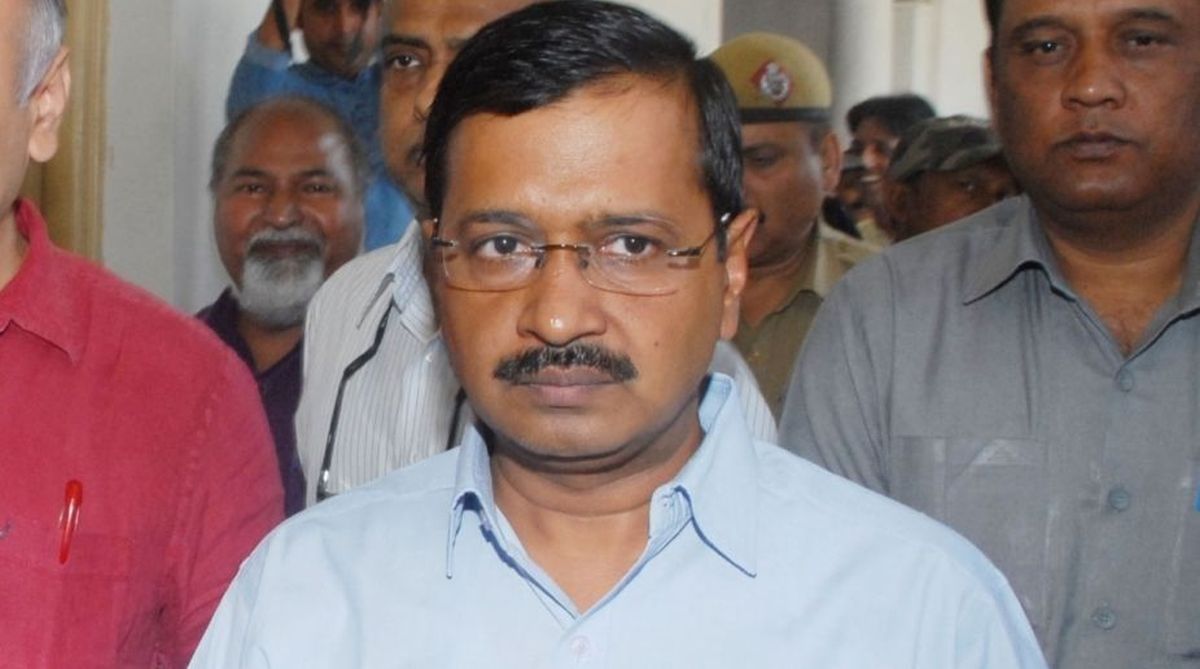The Delhi government will adopt the Centre’s minimum wages scheme after the High Court quashed its notification on the matter as “flawed”, Delhi Labour Minister Gopal Rai said on Thursday.
“The Centre’s scheme on minimum wages launched in April will ensure higher wages than what the Delhi government’s scheme would have provided,” Rai told the media after a meeting with trade union leaders here.
Advertisement
“Under the central scheme, skilled workers will get approximately Rs 17,400 per month as against Rs 16,800 under the Delhi government scheme,” the Minister leader said.
“Unskilled workers will get Rs 14,300 compared with Rs 13,800 under the Delhi government’s scheme,” he added.
The Delhi High Court on Saturday had struck down the March notification on higher minimum wages for workers in Delhi as “unconstitutional”.
“The constitution of the committee (on the matter) was completely flawed and its advice was not based on relevant material and suffers from non-application of mind,” the bench had said.
Rai also said that the Kejriwal government will form a committee with twice the number of representatives on the issue.
“After the committee is formed and the scheme finalized by the Delhi government, we will roll out the scheme for two months and take public feedback,” the Minister said.
Earlier, the Labour Minister had said that the Delhi government will move the Supreme Court against the High Court judgment. He now says he will hold a meeting with trade unions on August 14 to discuss further course of action.
The High Court order followed several PILs including one filed by Social Jurist, a civil rights group which pleaded that the hike in wages was unreasonably low and as such violated the workers’ fundamental right to life.











